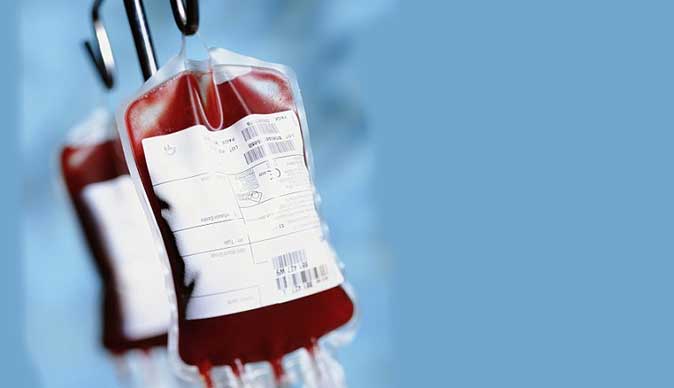
Over 60% of secondary health facilities are not stocking blood due to lack of storage facilities and erratic electricity supplies, it has emerged.
By Phyllis Mbanje

According to a 2015 bottleneck analysis report from the Health ministry, some health facilities were found to have no blood in their stocks for a number of reasons, including unavailability of refrigerators to keep the blood.
The analysis exposed the poor infrastructure that exists in most health facilities, which have been badly affected by the harsh economic environment.
The situation is worsened by the fact that blood products have become expensive and inaccessible to many people, as one unit costs well over $120.
The cost of blood in Zimbabwe is way above that of most neighbouring countries and stakeholders have been advocating for a downward revision of the charges.
The government has stopped subsidies to the National Blood Services Zimbabwe (NBSZ), resulting in the high cost of blood.
- Chamisa under fire over US$120K donation
- Mavhunga puts DeMbare into Chibuku quarterfinals
- Pension funds bet on Cabora Bassa oilfields
- Councils defy govt fire tender directive
Keep Reading
Patients who need blood transfusion require between $135 and $200 for a pint of blood, depending on the hospital where they seek services.
Last year, the Parliamentary Health Committee expressed concern at the high cost of blood in the hospitals.
Nearly half a million pregnancies are expected yearly in Zimbabwe and in some of them, there is excessive blood loss, requiring a transfusion of an average of three pints.
Timely blood transfusion is one way of preventing maternal deaths.
During a recent event, NBSZ chief executive officer Lucy Marowa urged stakeholders to join in the fight to lower the cost of blood.
“It takes the effort of everyone concerned to ensure that the current price of blood services is lowered to affordable levels,” she said.
The NBSZ was considering introducing Nucleic Acid Testing (NAT) for blood screening.
The NAT has higher sensitivity and specificity for detecting multiple bacterial and viral infections than the current technologies being used. NAT also reduces the window period by which results are known, making it more cost-effective.
“There is, therefore, need for government to provide funding for rental capital or for the procurement of required NAT machines,” Community Working Group for Health executive director Itai Rusike said.
He called for stakeholders to consider other alternatives such as solar refrigerators for storing blood products.











